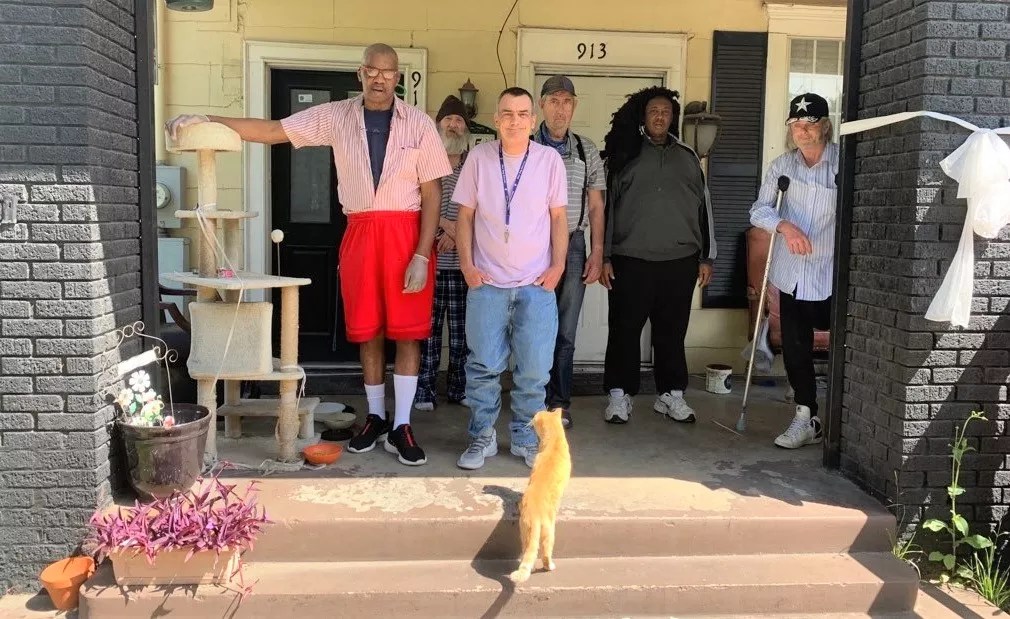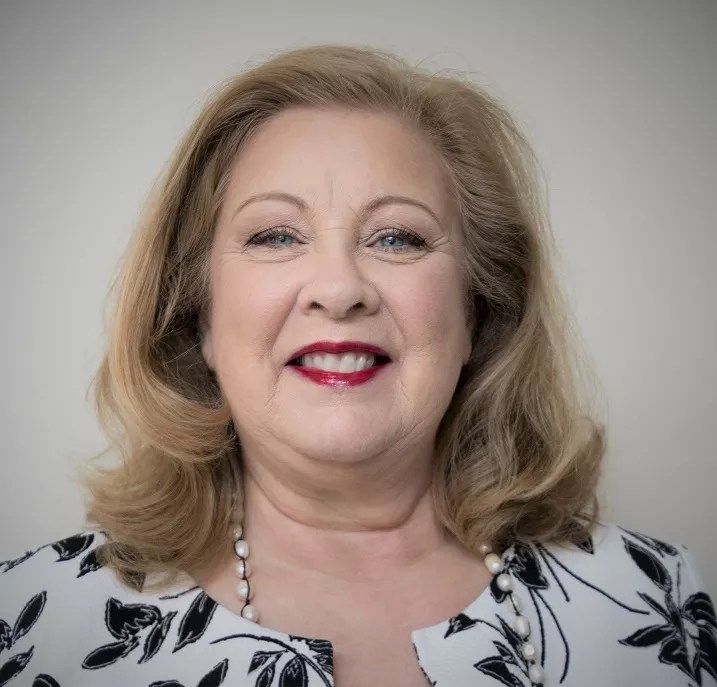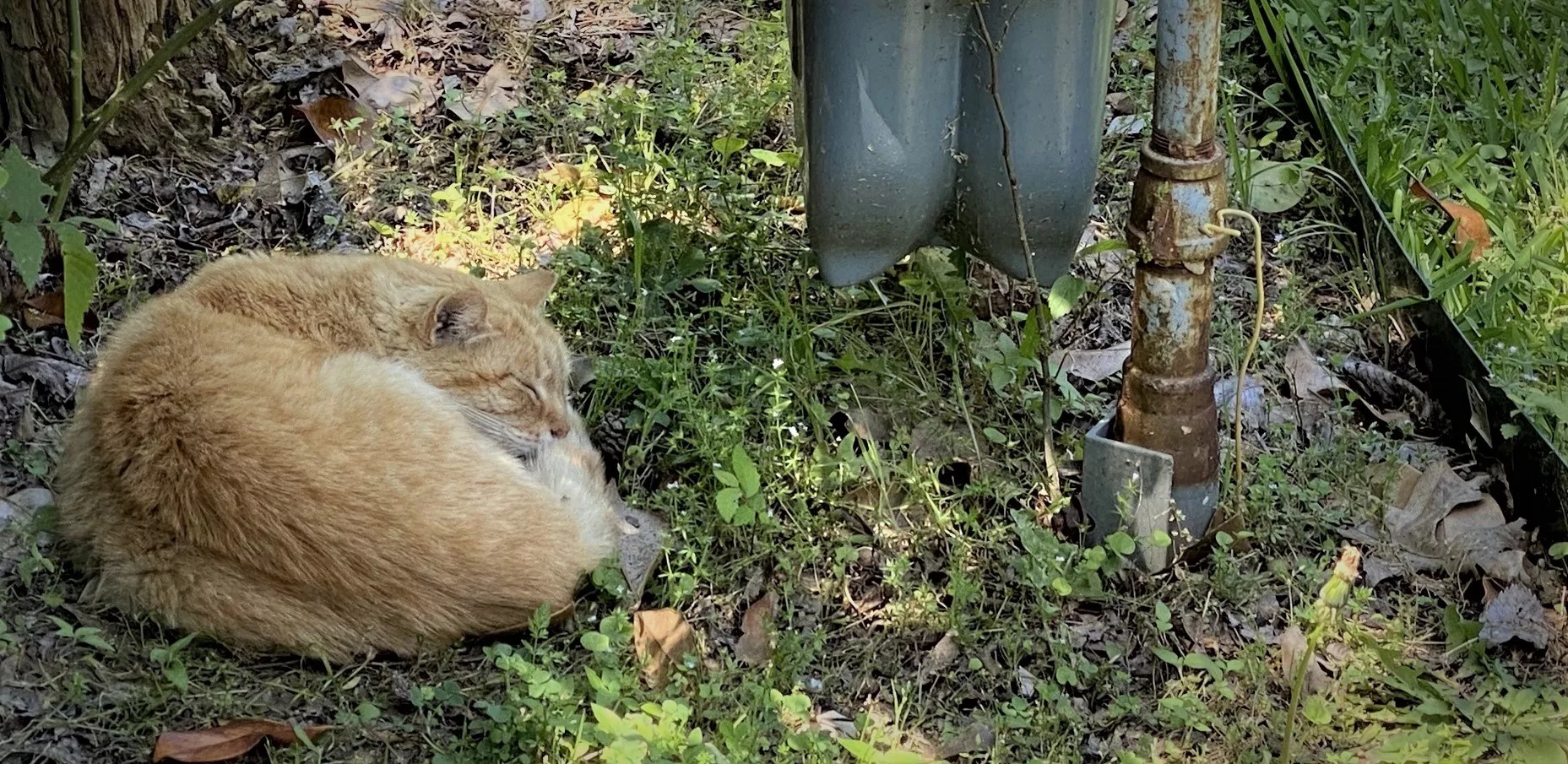
Alice Zaccarello

Audio By Carbonatix
Yes, we need to pay special homage to first responders and medical personnel in this crisis, but there is another group of exposed persons out there risking their own health. I am thinking of clergy, nonprofit workers and volunteers who serve the least of our sisters and brothers.
Any number of the big providers, churches, temples and mosques are up and running in the shutdown, doing this work even when it means putting their own staff and members in harm’s way. I just happened to run into one I know personally a couple of weekends ago. Alice Zaccarello and my wife met in second grade at Margaret B. Henderson Elementary School in Oak Cliff in … uh … the year was … quite some time ago.
Zaccarello is one of a very interesting small group of native Oak Cliffites who have stayed rooted to the community through thick and thin. The street she lives on now, where we were dropping off some plants, is cool again, having been through cycles of cool and uncool. She spotted my wife unloading greenery half a block from her house and wandered over to chat from six feet away.
She is executive director of The Well Community, a small nonprofit that provides services to people in Oak Cliff who cope with severe mental illness and poverty. For many but not all of her clients, the sole source of their income is Supplemental Security Income or SSI – not the same thing as Social Security Disability Insurance, which pays about twice as much as SSI.
“SSI is different in every state,” she told me in a later phone call. “Some states add to it. Texas does not. For an individual it’s $783 per month, and for a couple it’s $1,175.”
“They sit on the porch a lot. They like each other a lot.” – Alice Zaccarello
The Well, as her organization is known, provides a number of services, one of which is a licensed boarding house for men only. “Housing is one of the most difficult things for our population,” she told me. “For people who have severe mental illness and live in poverty, one of the toughest things they have to do is find safe and affordable housing.”
The Well provides housing with meals and rooms for $545 to $575 a month. She said that amount is somewhat below the average rate for equivalent facilities in Dallas. Rental income covers less than three-fourths of the cost of operating the boarding house and providing meals. The balance comes from fundraising. But the rate The Well charges its boarders leaves at least a few dollars in their pockets.

Alice Zaccarello
The Well Community
Zaccarello did the math for me. At an average rent of $560 a month and an income of $783, that leaves $223 a month for drug copays, clothing, personal hygiene, transportation, additional food, cigarettes, whatever. Between pharmaceutical side effects and their own issues, very few of her people are capable of holding jobs.
“Basically they don’t have any money at the end of the month to spend.”
But people still run into situations in which they need money anyway. They need it to refill a prescription. They need it to get across town to meet with a caseworker. Things come up. For that, Zaccarello maintains what she calls a “very small benevolence fund.”
I asked her what has been going on with her own money and support for the institution in this emergency.
“It’s been an amazing few weeks, I have to tell you,” she said. “We have had everything from a little donation of $5 to several thousand dollars that we just totally didn’t expect. It’s been a very moving time.”
She told me this story:
“I was at Norma’s Café, outside. We have a donor who paid for lunches for us to serve last Monday. I was sitting in my car waiting for the lunches to come out. This woman got out of her car and started walking toward my car.
“She said, ‘Is your name Alice Zaccarello? I want to give you this money. It’s what I have in my purse. I want to help pay for this.’
“I said, ‘Well, somebody is paying for this meal, but thank you very much.’ She said, ‘Just take this money. I know about The Well, and I want to give you this money.’ It was $30.”
After she told me that story, I asked Zaccarello to tell me how much money is in her benevolence fund. She looked it up while we were talking. “It’s $1,000 a year,” she said.
That’s 19 bucks a week. So the money from the contributor’s purse increased the benevolence fund for that week by 150%.
The Well serves several hundred clients in all of its programs but just seven at the boarding house. A week before Dallas County Judge Clay Jenkins imposed sheltering and social-distancing rules on the county, Zaccarello saw the handwriting on the wall for the boarding house residents, several of whom have compromised physical health conditions and would be sitting ducks for COVID-19.
“When I saw this coming, I started talking to them about the importance of washing their hands and their hygiene and all of that. Then when I saw it getting more serious, I asked them to start staying home and not to go off the property.
“We talked about what was important. One guy really needs to walk. I said, ‘What about just walking on the block? Could you just stay on the block?’ And he said yes.
“I told them, ‘If you need something, tell me what it is, and we will get it for you, but we want you to stay here. We want you to stay put, because if any one of you gets sick, the likelihood is you will all get sick.'”

Skins, in his safe place.
Mariana Greene
Zaccarello said she, her small staff and corps of volunteers have been following a stringent protocol of protection while providing meals in boxes, both at the boarding house and for more general distribution.
“We want you to stay put, because if any one of you gets sick, the likelihood is you will all get sick.” – Alice Zaccarello
In our earlier conversation on the street in Oak Cliff, she said she had told her staff, “‘You’re not totally safe, even with the gloves and the masks and the distancing. You’re still taking a chance.’
“But they said to me, ‘If we don’t do it, who will?'”
Zaccarello said the residents have been faithful to the new rules. “They have been cooperating. They have been staying in. I just saw them today. I was over there.
“I don’t go in. I stay outside the gate and talk to them. I asked them, ‘Is there something you need?’ They said no.”
They have each other. “They sit on the porch a lot,” Zaccarello said. “They like each other a lot.”
But that leaves the several hundred severely mentally ill impoverished clients The Well serves who are not living in the boarding house and who may be homeless or living where they can while trying to protect themselves and each other by staying apart.
“What I get the most from them is, ‘Alice, when are we going to get to come back together again?’ That’s what we’re all about. We are about being a community of people.”
She said a shared sense of community, respect and friendship is intensely important to her clients, because they are outcasts. “Our members are not respected outside the walls of The Well, either because they act a little different or they look a little different.”
The people they pass on the street, deal with in stores or sit next to on buses either pretend they aren’t there or make it clear they wish they were not: “At best, people look through them,” she said. “At worst they are rude to them.”
More than food, even more than shelter, The Well is a little world where the clients can be normal, can respect and enjoy each other, be friends together, care about each other and take care of each other.
“We respect them for who they are, so they are very eager to get back together.”
But these also are people with limited access to information and sometimes limited understanding. For some of them, the only people they can ask what’s going on are Zaccarello, her staff and volunteers.
And the problem for Zaccarello is the same one we all share. How many of us know the answers? When her clients ask her when they can get together again, what can she tell them?
“All I can say is, ‘We don’t know. As soon as we can, we will. As soon as it’s safe.'”